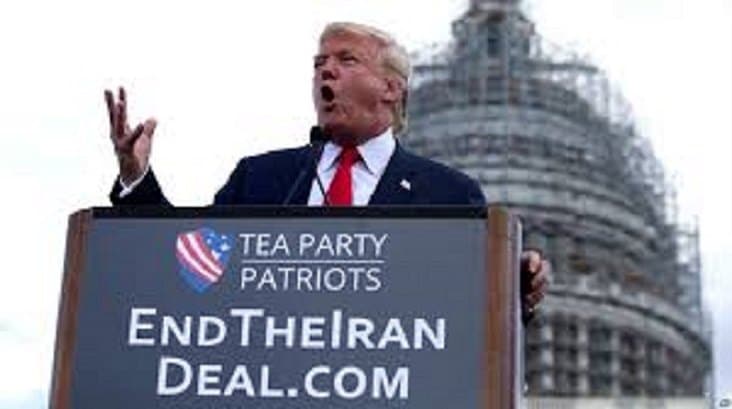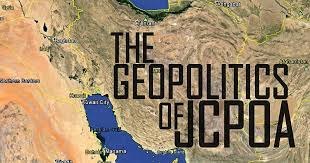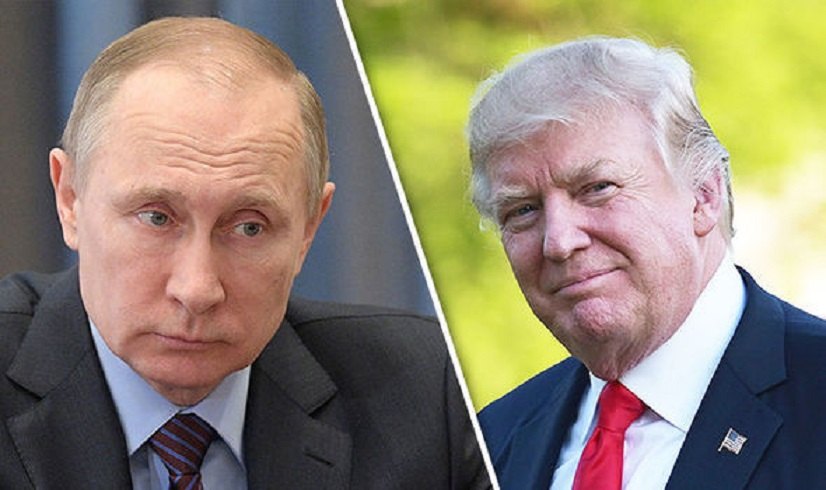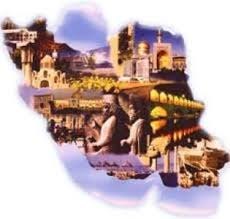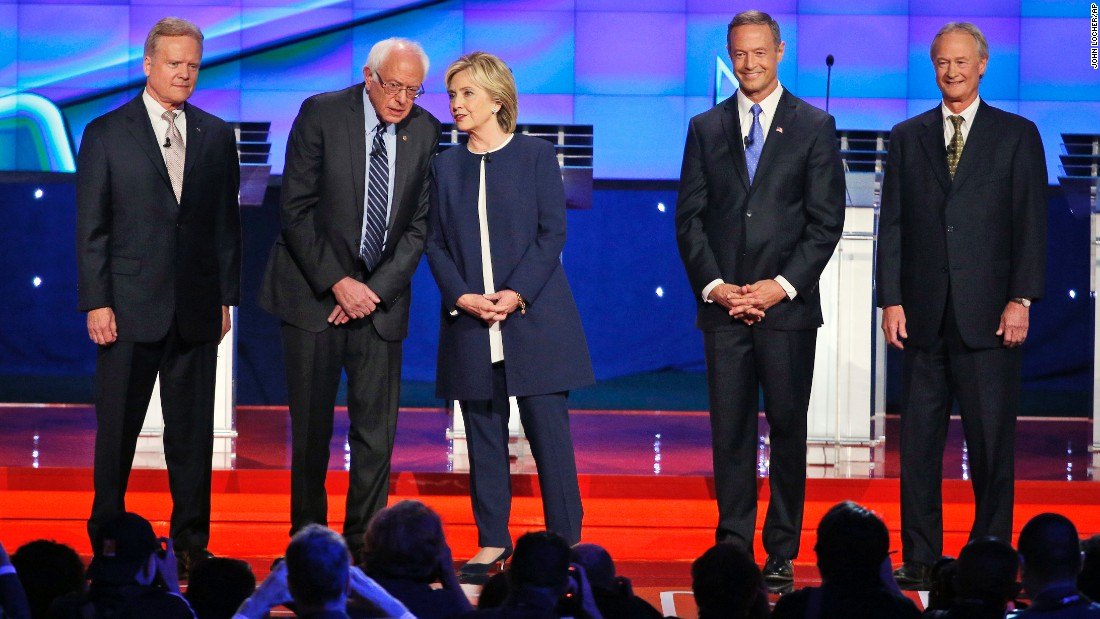Iran and the EU: Requirements and Strategies
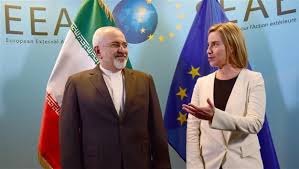
Yasser Nooralivand
The European Parliament Committee on Foreign Affairs has provided the Parliament with the draft document on The EU’s strategy towards Iran after the nuclear deal for adoption. This document contains general principles, roadmap, and fields of cooperation as well as proposed mechanisms for advancing the relations.
Despite the important role of the European Union in the foreign policy of the eleventh government and significant growth in international political, economic and trade relations in recent months, it seems that the Islamic Republic of Iran, unlike Europe, lacks a defined strategy for developing relations with Europe.
This document states that: “we welcome the expansion of EU’s economic cooperation with Iran as the world’s largest economy outside the WTO and lifting sanctions is an important element in this regard”.
In a part of this document it is mentioned that Iran enjoys great potential of developing renewable energies and the EU can cooperate with Iran in this area.
The EU’s strategy has welcomed Iran’s constructive role in solving the political crises in Iraq and Syria as well as its engagement in the Syrian peace talks via its participation in the International Syria Support Group (ISSG) and Iran’s support of the efforts made to establish stability n Iraq. The document also has called for active EU diplomacy to de-escalate tensions between Tehran and Riyadh, including confidence-building, track II diplomacy and de-escalation measures aimed at the resumption of Saudi-Iranian diplomatic relations.
Requirements of strategic approach towards the EU arises from different factors such as high vulnerability of the relations with Europe due to the lack of strategy-based approach of the detent policy, keeping JCPOA and its opportunities, balancing capacity of Europe in the post-JCPOA foreign policy and the need for adopting a certain strategy vis-à-vis the strategy of the opposite side.
Removing the obstacles on the way of expanding relations with the world through JCPOA, the Islamic Republic of Iran has increased its international prestige and at the same time has reduced Iranophobia. Having an untapped market for investment after almost a decade of conflict and sanctions, powerful return to the global market of economy and playing an effective role in regional crises have given Iran an undeniable role in meeting the economic and security needs of the EU.
The internal condition of the EU along with the change in Iran’s international status after the nuclear deal have affected EU’s approach towards Iran and as a result, the EU doesn’t insist as in the past to subject the progress of relations in economic and trade relations to the progress in the political and human rights negotiations.

